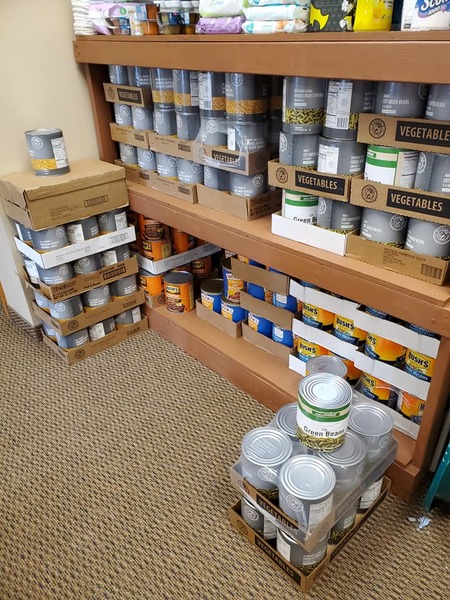
Food Banks Help Address Summer Hunger
Schools may be out of session and concerns about grades may be temporarily abated, for many students, this is the season of “Summer Hunger”. For kids who rely on school meals for the majority of their nourishment during the school year, summer can quickly turn into 3 months of hunger and tension. Past research shows that family grocery costs can increase as much as $300 a month during the summer. In the Summer of 2022, one might expect those increased costs to rise even further, leaving many low-income families in a precarious situation.
Even during the school year, low-income families may have to make tough decisions between paying utility bills and putting food on the counter. During the summer, energy bills rise just the same as grocery bills. Research shows that around two-thirds of low-income families have had to choose between food and paying their utility bills, with a similar number having to make the same choice between food and medical care. These decisions mean that, as of 2019, 10.7 million children are food insecure - meaning they live in households where not everyone has enough to eat. That is nearly 1 in 7 children. Furthermore, Summer Hunger is a main driver for what educators know as “The Summer Slide” - a child’s tendency over the summer to forget what they’ve learned the year before. This effect, in turn, can leave a child who is facing food insecurity to start the next school year at a disadvantage compared to their better off classmates.
On this topic, there isn’t a whole lot of good news. However, knowing where to look for assistance can help keep the children in our communities from having to face the bleak realities Summer Hunger can bring. Energy companies often offer steep discounts for low-income families, especially during the summer months. While some basic paperwork may be needed to prove income, a couple calls can go a long way towards relieving a home's financial pressures. When it comes to medical care, the same notion applies. Hospitals and private practices often have policies towards low-income families that aren’t actively promoted. Perhaps your costs will be cut by a certain percentage or your payment plan will be extended to lower your monthly costs. Lastly, know where your local food banks are and what their policies are when it comes to how frequently a family can visit, the geographical area they service, and what goods they focus on making available. Fortunately for Central Illinois, we have many food banks nearby, such as Community Harvest in Morton, Helping Hands Community Center in Stanford, Washington Helps Its People, Mackinaw Community Center Food Bank, and many many more. These food centers are mostly grocery pickup areas, however, occasionally one can find a hot meal already prepared. Get to those closest to you and let your communities help you and your children.